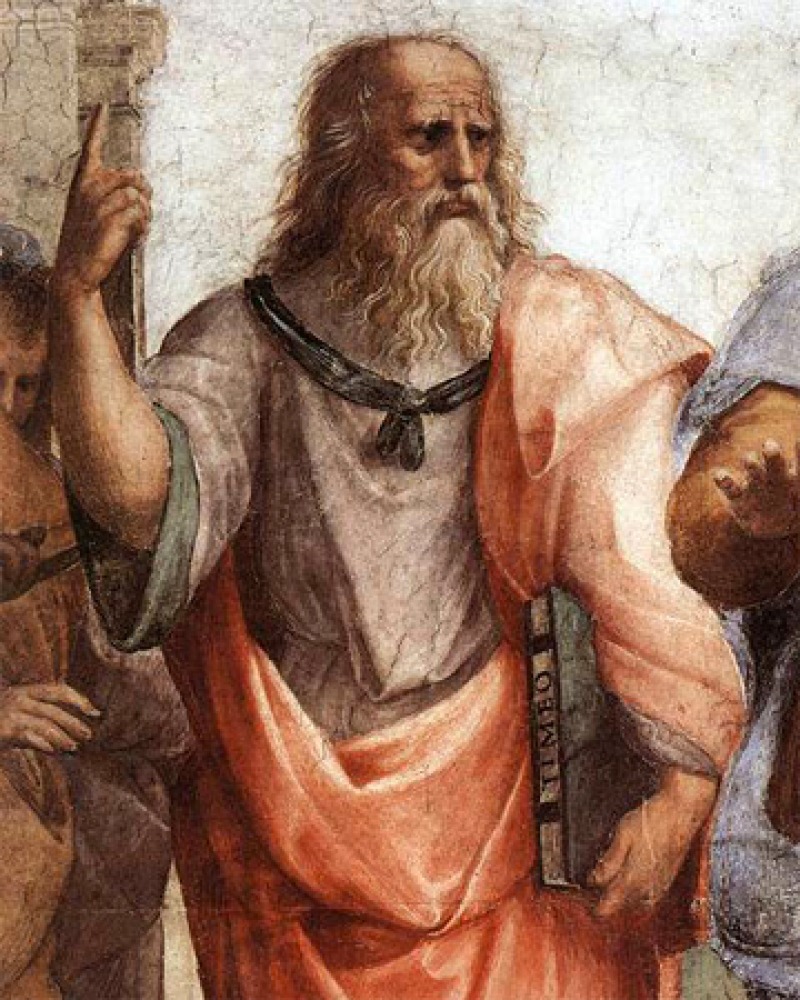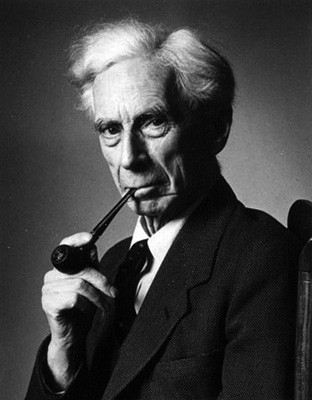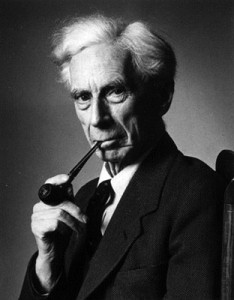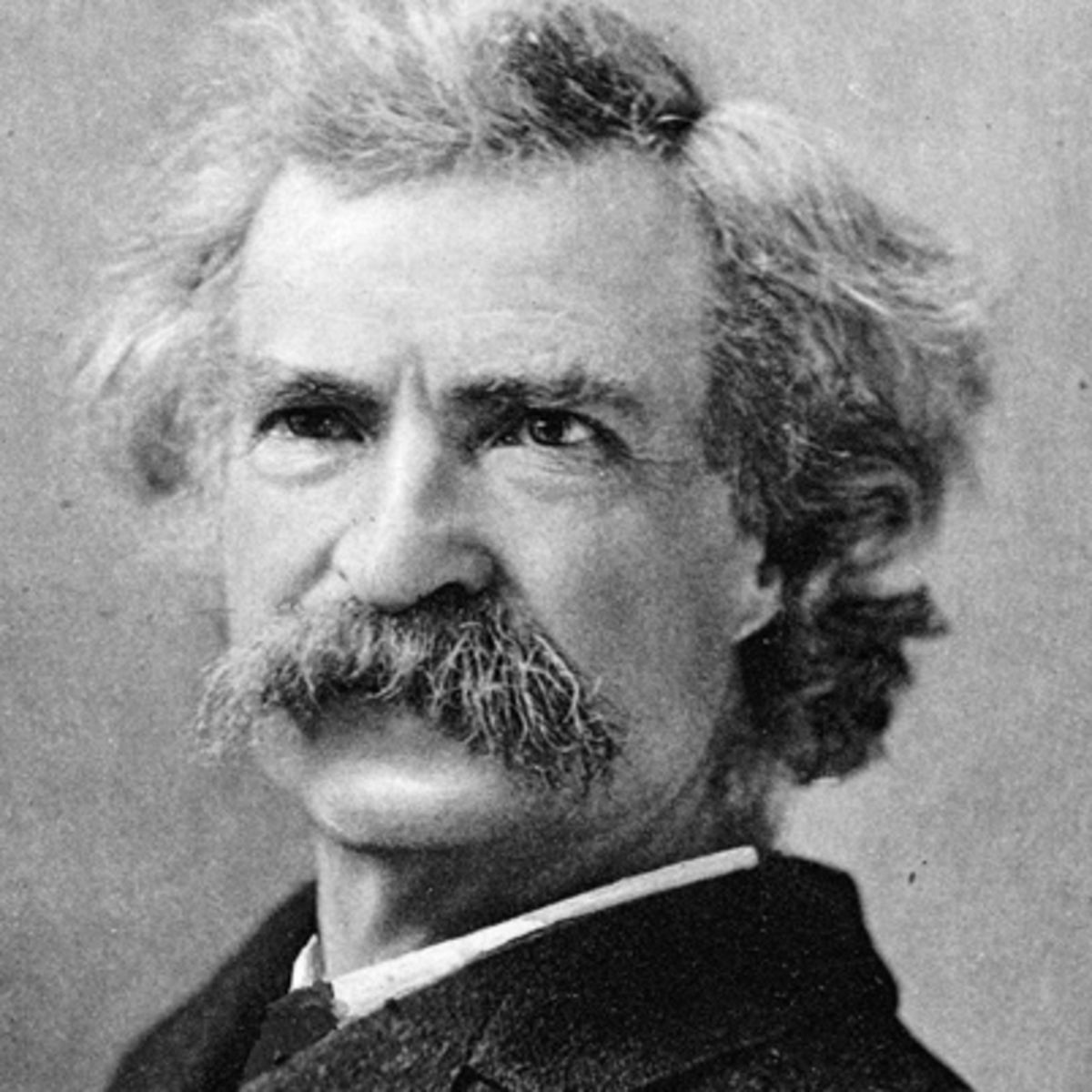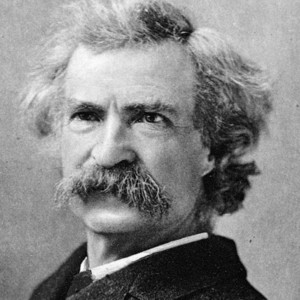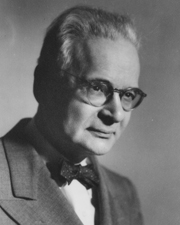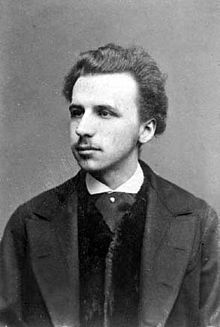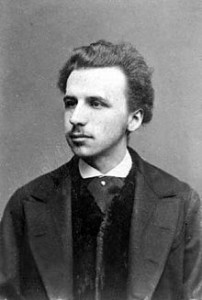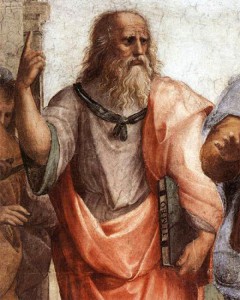 To Carlotta Russell Lowell
To Carlotta Russell Lowell
King’s College
Cambridge, England. November 11, 1896
Many thanks for both your notes. When I got the first I never expected a second, as it is the part of prudence to thank an author for his book before reading it, so as to avoid the necessity of lying about it afterwards. That you should have written both before and after is very gratifying, as it seems to mean that you liked the book better than you expected, and at any rate well enough to say something nice about it when this was no longer necessary. I am delighted that you found most of the book intelligible and interesting, and that you agreed with most of it. That is all I can now say for it myself, as there are already several things I should like to see put otherwise in it.
My life here is very pleasant and interesting, and perhaps a little luxurious. I try to chasten myself, however, with some tough Greek—the Parmenides and Philebus of Plato, which I am reading carefully—and with long walks among the clouds, which in this country come down to the surface of the land and especially of the water. The afternoons are very lovely, and the river with its many boats, blazers, bicycles, and coaches on horseback is a gay and pretty sight. My friends at King’s have the flavour of their Port, sweet, mellow, and with lots of body, and it will be hard not to get so fond of them as to miss them when I go. . . .
Haven’t the Russells turned up? I should have been glad to have you meet, they are such nice people. He is mathematical and she humanitarian, but both are human at the same time.
From The Letters of George Santayana: Book One, [1868]-1909. Cambridge, MA: The MIT Press, 2001.
Location of manuscript: The Houghton Library, Harvard University, Cambridge MA

